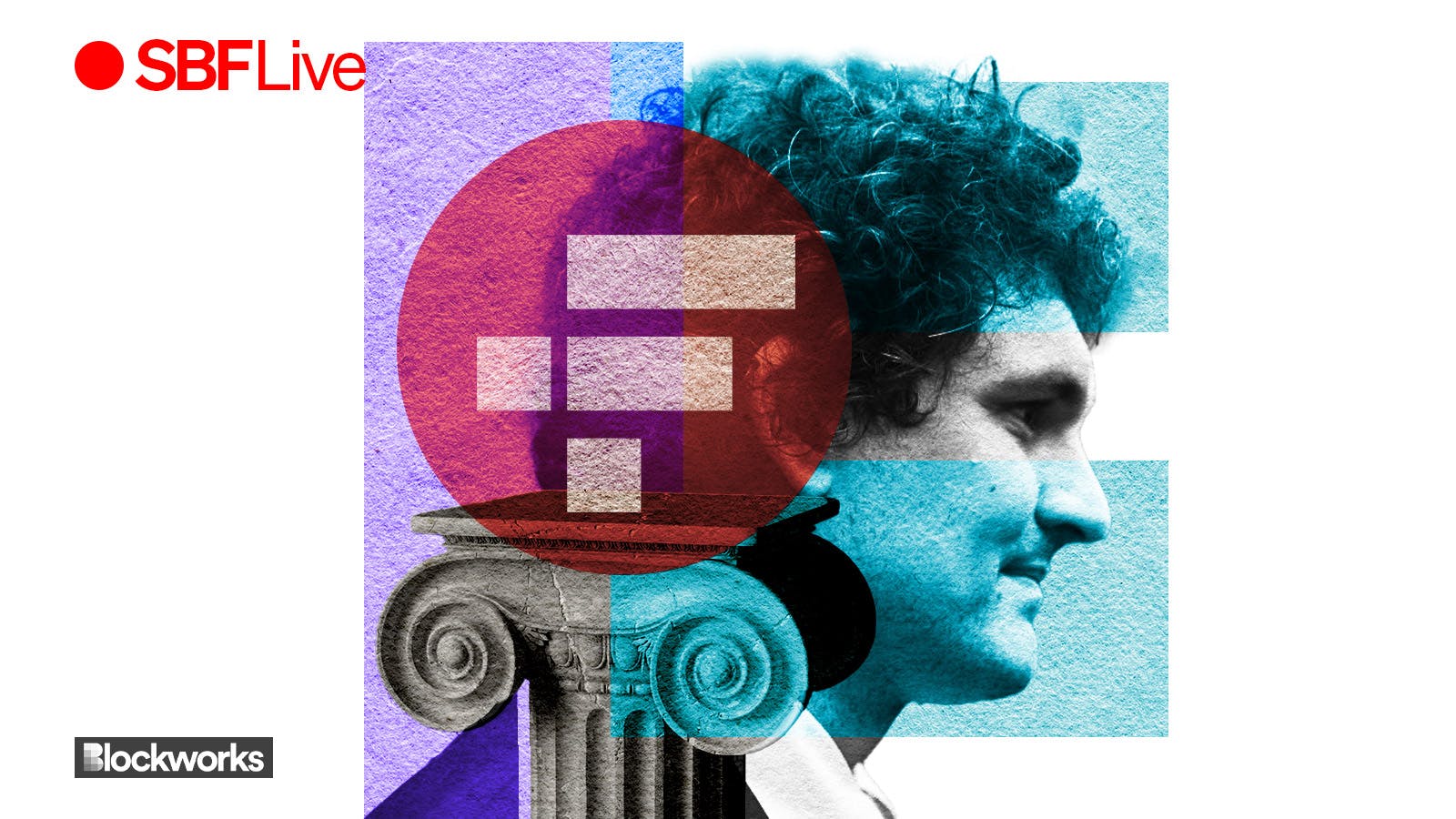25 years for Sam Bankman-Fried — A fair sentence, or no?
Sentence proves there is “no substitute” for acknowledging guilt and showing remorse, one defense lawyer says

Sam Bankman-Fried | Artwork by Crystal Le
Sam Bankman-Fried was sentenced to spend 25 years behind bars — a punishment some say could have been less if the FTX founder showed greater remorse.
The former leader of bankrupt crypto exchange FTX faced a maximum 110-year sentence after being found guilty in November of wire fraud and half a dozen other charges.
Judge Lewis Kaplan’s sentence on Thursday was between the defense’s requested 6.5 years and the government’s proposed 40 to 50 years.
Bankman-Fried was also ordered to pay a $11 billion forfeiture. His defense team said they would seek to appeal the decision.
Mark Cohen, Bankman-Fried’s counsel, had said in November the FTX founder “maintains his innocence and will continue to vigorously fight the charges against him.”
Judge Kaplan noted Thursday that Bankman-Fried never offered a “word of remorse for the commission of terrible crimes” during the trial or at the sentencing hearing.
Read more: Given one more chance to defend himself, SBF blew it
A defendant acknowledging wrongdoing and expressing remorse is critical in this type of case, according to Jack Sharman, a white-collar defense lawyer at Lightfoot, Franklin & White.
“For a white-collar defendant who has fought hard at trial and maintained his innocence, a statement acknowledging guilt and showing remorse can be wrenching — but there is no substitute,” he told Blockworks in an email. “Non-remorse apologies — ‘I’m sorry people were hurt by my mistakes’ — do not suffice.”
Lawyers had noted that the court would look at various factors under the federal sentencing guidelines. Attorney Omar Ochoa previously told Blockworks that the large size of the fraud was likely to balance out Bankman-Fried’s lack of prior criminal activity.
Ochoa added that he expected the judge would be “sensitive to the message sent by the sentence provided” given the media attention the case received.
Tom Gorman, a partner at law firm Dorsey & Whitney, said in a statement that the 25-year sentence has little to do with crypto, and was handed down based on more than what Bankman-Fried was convicted of.
Read more: Sam Bankman-Fried found guilty in landmark crypto trial
“It reflects, in my view, the crimes plus his disrespect for the court system,” Gorman noted. “Telling the truth and his story would have shown not just respect for the court and system, but that he understands the lesson to be learned here. Lies show you have learned nothing.”
Jake Chervinsky, chief legal officer of crypto venture capital firm Variant, contrasted Bankman-Fried’s sentence to that of Ross Ulbricht. In 2013, Ulbricht was found guilty on seven charges related to his role in creating darknet marketplace Silk Road.
Silk Road was perhaps best known for its illegal drug listings — transactions for which were made in bitcoin.
Read more: Silk Road founder notes 10 years in prison on eve of Bankman-Fried trial
Chervinsky, former chief policy officer at Blockchain Association, has previously advocated for a lighter sentence for Ulbricht, who had faced a minimum sentence of 20 years.
Though the cases of Bankman-Fried and Ulbricht are very different, each was found guilty of conspiracy to commit money laundering, among other dissimilar charges.
“That’s a long time, but he’ll get out and have a life left afterward,” Chervinsky said on X of Bankman-Fried’s 25 years. “[Ulbricht] got two life sentences, plus 40 years. This is not justice.”
Get the news in your inbox. Explore Blockworks newsletters:
- The Breakdown: Decoding crypto and the markets. Daily.
- 0xResearch: Alpha in your inbox. Think like an analyst.






